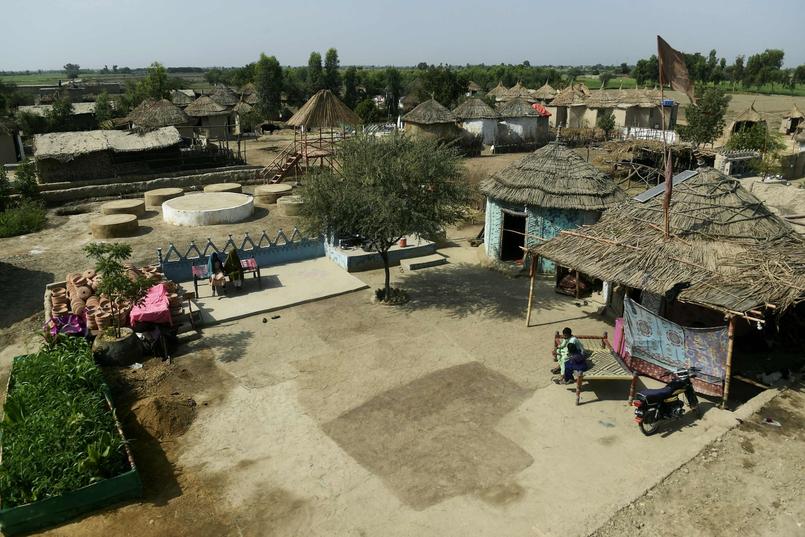The growing use of underground space in construction projects demands a deep understanding of the materials used, especially under high temperatures. Ordinary cement grout faces specific challenges, particularly regarding its fundamental properties and water resistance. As the temperature rises, the behavior of the grout can vary significantly, affecting its fluidity, strength, and behavior against water. This study aims to analyze how extreme thermal conditions influence the performance of the grout, highlighting the implications for safety and the durability of underground infrastructures. Based on rigorous experiments, this research seeks to establish essential data to optimize grout formulations and improve construction techniques in challenging environments.
Table of Contents
ToggleSummary
This study focuses on analyzing the fundamental properties and water resistance of ordinary cement grout when subjected to high temperatures. The primary objective is to determine how these extreme conditions affect the fluidity, the bleeding ratio, the setting time, and the compressive strength of the cement. Experimentation has allowed for significant variations in these properties depending on the temperatures, which could impact the safety and efficiency of underground construction projects.

Study of the Fundamental Properties of Ordinary Cement Grout
Ordinary cement grout plays a crucial role in various construction applications, especially under extreme conditions. The mechanical properties and durability of the grout are put to the test at high temperatures, which can alter its characteristics. Research exists on the response of cementitious materials to temperatures exceeding 80 °C, particularly the reaction to cement hydration and the formation of hydration products. It is essential to study the changes that occur in the behavior of the grout when exposed to these high temperatures.
Water Sealing Capacity Under High Temperatures
The water sealing capacity of the grout is another major concern in the construction industry. As temperatures rise, different factors such as the setting time and the fluidity of the cement mix change. Research shows that increasing the temperature can affect the bonding and the pore formation in the grout, making the material more susceptible to leaks. Laboratory tests have indicated that grout exposed to higher temperatures exhibits expansion and contraction phenomena, which can compromise its integrity.
Practical Applications and Implications in Construction
The results of the studies conducted highlight the importance of making informed choices regarding the grout material in high-temperature environments. The implications of this research are significant for engineers and architects, as they guide decisions on materials to use in constructions exposed to high temperatures. With the rise of infrastructure projects requiring sustainable solutions, the development of innovative grout formulations becomes a priority to ensure water sealing and structural stability.
















